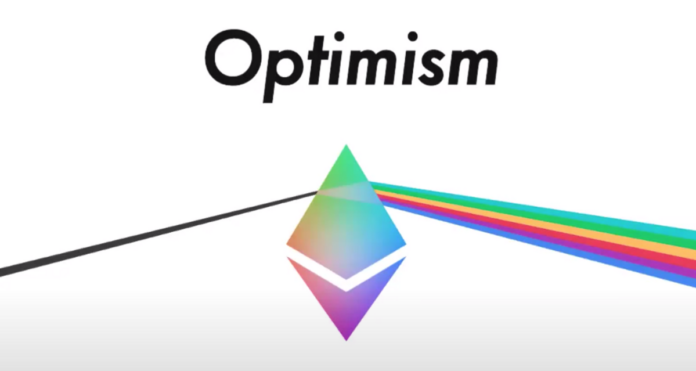Throughout the most recent crypto bull run, many new crypto users have interacted with the network Ethereum for the first time and have been surprised to find transactions slow and expensive. Although the blockchain Ethereum been very important to the idea of a web3 “crypto-internet”, the blockchain itself has struggled to meet user demand. This has pushed some founders to build blockchains to compete on a completely unique infrastructure, while others in the developer community are focusing their resources on building modular blockchain solutions that sit on top of blockchains. Ethereum, grouping transactions faster and more cheaply while keeping track of movements on the central chain.
Most blockchain developers believe that these "Layer 2" (L2) solutions are the future of how Ethereum it will meet the needs of a rapidly growing network, and venture capitalists have been quick to claim scalable solution products that they believe could be the central interface on how users interact with decentralized apps, mint NFTs, and move money. Several of these startups have raked in unicorn valuations this year. One of those scalable startups, Optimism has found new backing from Silicon Valley's highest-profile crypto investors: Paradigm and Andreessen Horowitz.
The startup Optimism based on Ethereum closed a round of financing Serie B of 150 million dollars co-directed by Andreessen Horowitz and Paradigm with a final valuation of 1.65 billion.
“Total Value Locked” (TVL) on L2 platforms has skyrocketed over the past year with around $5.75 billion currently held on these blockchains, according to the tracker. L2Beat. Optimism is approaching 500 million in TVL, although Arbitrum of offchain labs is approaching nearly $3.000 billion as the market leader. But unlike some of its competitors, Optimism it is actually a Public Benefit Corporation with an open source foundation that has already given rise to a number of popular spin-offs.
“We made a commitment to the public not to make a profit from operating centralized parts of the system, so we wanted to remove the financial incentive to remain centralized,” says CEO of Optimism, Jinglan Wang. “As long as we generate income, we return all that income to finance public goods in Ethereum. We don't just want to say that we want to be decentralized, we also want to show the community that we're setting up our own incentives to support that."
L2 solutions have many typologies, the most commented are the so-called Zero Knowledge (ZK) registration packages or others such as those of Optimism. Perhaps, unsurprisingly, Optimism It is based on the technology of registration and linking of Optimism which has generally been seen as a viable solution in the shorter term due to some of the cryptographic complexities of ZK's used by other networks created by startups like Starware y MatterLabs.
“We want to be prepared for the future, so we are not closing the door on the possibility of integrating a ZK in the future,” says Wang. “We are also pragmatists and we do not want our work to focus on academic hell, we want the people use it."
Optimism has been widely available on a public "mainnet" for over a year. Operating in public has its risks and rewards, the company recently paid out a $2 million system bug bounty after security researcher Saurik discovered a vulnerability that would allow malicious actors to make money on the network. The reward was one of the highest ever paid for a blockchain startup.
“We are very keen on building openly, every line of code we write is bespoke open source, and similarly we are transparent about vulnerabilities and bugs that are found and disclosed on our network,” says Wang. “We want to build a good safety culture around the community Optimism, where ethical security hackers know that if they find vulnerabilities, they will be fairly compensated.”
Lately, the company has focused on reducing the complexity of its code base and promoting close compatibility with code written for Ethereum so developers don't have to modify their existing applications to be compatible with Optimism. An upcoming release called “Bedrock” is doubling down on so-called “EVM (Ethereum Virtual Machine) equivalence” and should cut costs on the network in half, says Optimism.




